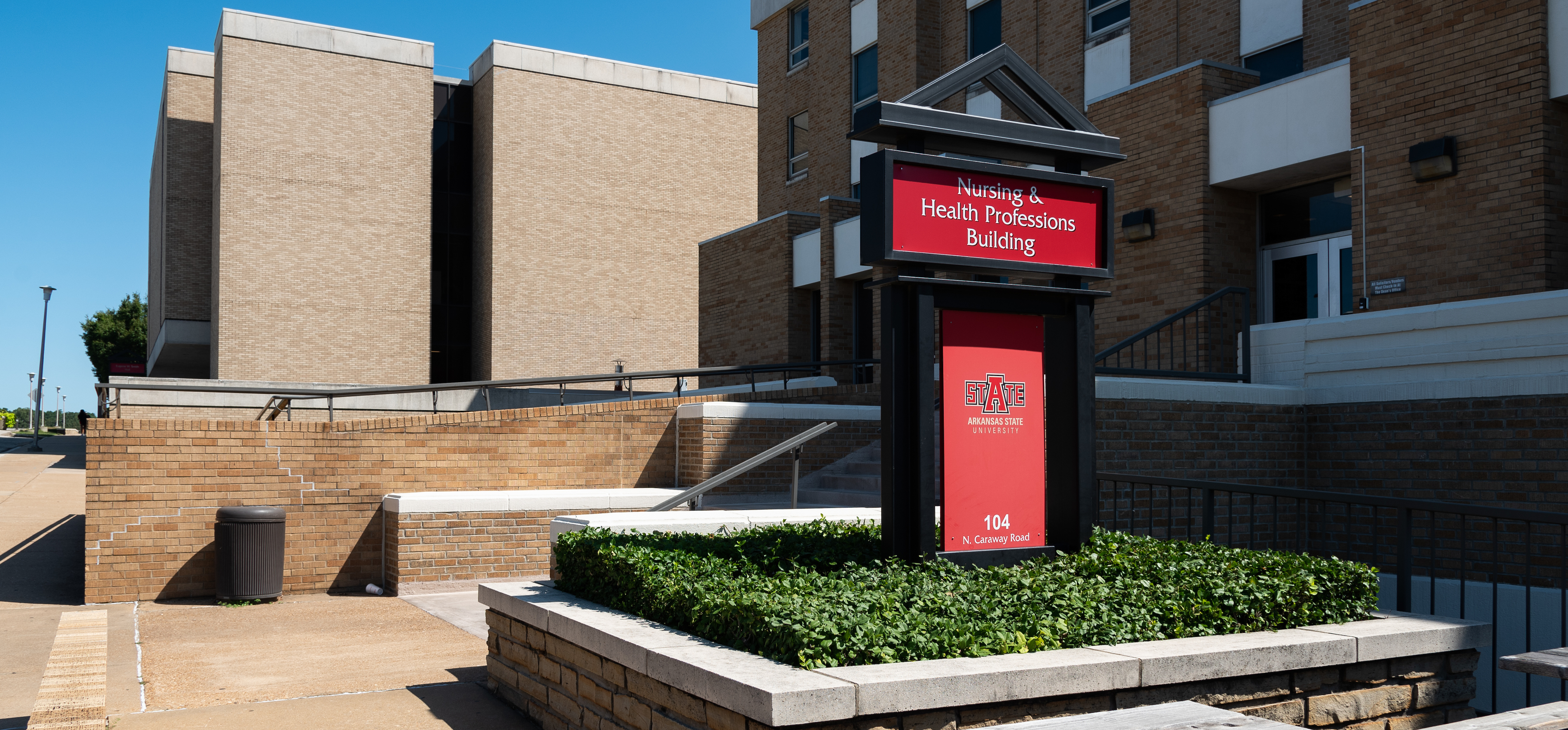Degree Name
Nursing Practice, DNP
Publication Date
6-14-2024
Upload Date
2024
First Advisor
Linda Latting
Abstract
Posttraumatic stress disorder (PTSD) is a common psychiatric disorder that affects veterans following deployment from combat. Medication side effects and re-exposure to trauma while undergoing psychotherapy hinder the effectiveness of recommended treatments. There is evidence supporting the effectiveness of deep breathing exercises in stress management, which is a common feature among PTSD patients. The purpose of this quality improvement (QI) project was to evaluate the effectiveness of deep breathing exercises in alleviating stress among veterans with PTSD. Nursing staff at the project site were educated about the benefits of deep breathing exercises and how to perform them and educated veterans with PTSD on the use of deep breathing exercises to manage stress. Pretest Clinician-Administered PTSD Scale for DSM5 (CAPS-5) and Perceived Stress Scale (PSS) scores were measured at the beginning of the project and 12 weeks after the intervention. A total of 25 veterans (mean age 50.16 years) participated in the QI. Paired-sample t-tests to evaluate the effectiveness of deep breathing exercises on PTSD symptoms showed a significant difference between the pre-intervention and post-intervention CAPS-5 scores (p< 0.001) as well as between the pre-intervention and post-intervention PSS scores (p< 0.001). These findings confirm the benefits of deep breathing exercises on alleviating stress and PTSD symptoms due to its impact on reactivity and arousal, which are predominant symptoms of stress and PTSD, thereby improving the mental health outcomes in PTSD. Therefore, mental healthcare providers should promote the use of deep breathing exercises for stress relief in the management of PTSD.
Rights Management

This work is licensed under a Creative Commons Attribution-NonCommercial 4.0 International License
Recommended Citation
Okoh, Lovette, "Determining the Effectiveness of Deep Breathing Exercises in Alleviating Stress in Veterans with Post-Traumatic Stress Disorder (PTSD)" (2024). Doctor of Nursing Practice Projects. 78.
https://arch.astate.edu/dnp-projects/78


